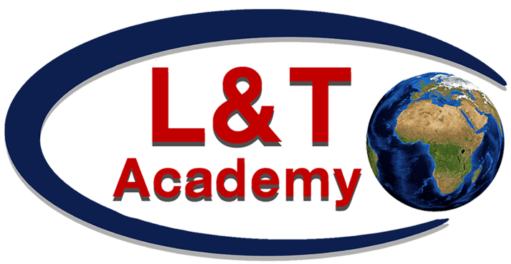Description
Course Description:
This course provides a comprehensive introduction to the principles and practices of economic translation. It covers essential concepts in economics, explores the specific challenges of translating economic texts, and equips students with the skills needed to effectively translate economic documents. The course will include practical translation exercises, discussions on translation strategies, and analysis of real-world economic texts.
Course Objectives:
- Understand key economic concepts and terminology.
- Develop translation skills specific to economic texts.
- Address common challenges in economic translation.
- Apply translation strategies to various types of economic documents.
- Improve accuracy and clarity in translating economic information.
Weekly Outline:
Week 1: Introduction to Economic Translation
- Overview of economic translation and its importance.
- Introduction to key economic concepts and terminology.
- Differences between general translation and economic translation.
- Practice: Analyzing simple economic texts.
Week 2: Basic Economic Concepts and Terminology
- Fundamental economic concepts (supply and demand, market structures, inflation, etc.).
- Key economic terminology and phrases.
- Practice: Translating a glossary of basic economic terms.
Week 3: Economic Documents – Types and Structures
- Types of economic documents (reports, financial statements, policy papers, etc.).
- Common structures and formats of economic texts.
- Practice: Analyzing and summarizing different types of economic documents.
Week 4: Translation Strategies for Economic Texts
- Strategies for translating economic terminology and data.
- Handling quantitative data, charts, and graphs.
- Practice: Translating economic reports with data and visual elements.
Week 5: Financial Statements and Reports
- Structure and components of financial statements (balance sheets, income statements, cash flow statements).
- Translating financial jargon and figures.
- Practice: Translating and analyzing financial statements.
Week 6: Economic Policy and Analysis
- Types of economic policy documents (monetary policy, fiscal policy, etc.).
- Key elements of policy analysis and recommendations.
- Practice: Translating policy briefs and economic analysis papers.
Week 7: International Trade and Economics
- Concepts related to international trade (trade agreements, tariffs, trade balance).
- Specific terminology used in trade and economics.
- Practice: Translating trade agreements and international economic reports.
Week 8: Economic Research and Academic Texts
- Structure of academic economic papers and research reports.
- Challenges in translating academic jargon and methodologies.
- Practice: Translating excerpts from economic research papers.
Week 9: Financial Markets and Investment
- Key concepts related to financial markets and investments (stocks, bonds, mutual funds).
- Translating investment strategies and market analyses.
- Practice: Translating investment reports and market analyses.
Week 10: Translation Tools and Resources
- Overview of translation tools (CAT tools, dictionaries, databases).
- Using resources to aid economic translation (online databases, glossaries).
- Practice: Utilizing translation tools and resources in economic translation tasks.
Week 11: Review and Error Analysis
- Common errors and pitfalls in economic translation.
- Techniques for reviewing and proofreading translated economic texts.
- Practice: Identifying and correcting errors in sample translations.
Week 12: Final Project and Presentation
- Applying skills learned throughout the course to a comprehensive translation project.
- Students select a complex economic document to translate.
- Presentation of final projects, including discussion of translation choices and strategies.
Assessment Methods:
- Weekly translation exercises and quizzes.
- Midterm assignment focused on translating specific types of economic documents.
- Final project involving a comprehensive translation and presentation.
- Peer reviews and class discussions on translation challenges and solutions.
Recommended Texts and Resources:
- Economic textbooks and glossaries.
- Sample economic reports, financial statements, and policy papers.
- Access to translation tools and online databases relevant to economic translation.
Final Project:
Students will choose a complex economic text (e.g., an economic report, policy brief, or financial statement) to translate. They will submit the translated text along with a brief report explaining their translation decisions, challenges faced, and how they addressed them.
This outline provides a structured approach to introducing students to economic translation, focusing on both theoretical knowledge and practical skills. It ensures that students gain a thorough understanding of economic concepts while developing their translation abilities.







Reviews
There are no reviews yet.